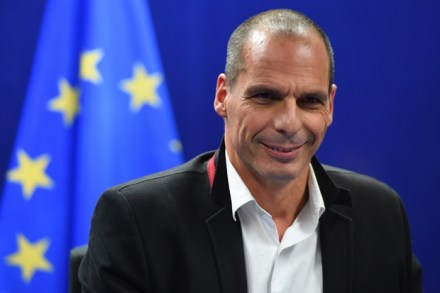Portrait of the week | 16 April 2015
Home Launching the Conservative party manifesto, David Cameron, the party leader, told voters he wanted to ‘turn the good news in our economy into a good life for you and your family’. The Tories promised: to eliminate the deficit by the end of the parliament; to provide 30 hours of free child care a week for working parents of three- and four-year-olds; to grant a right for housing association tenants to buy their properties; to increase the inheritance tax threshold for married couples from £650,000 to £1 million (paid for by nobbling tax allowances on pension contributions for those earning £150,000); to raise the threshold of the 40p rate to £50,000 by





















